24/7 Helpline:
(866) 899-111424/7 Helpline:
(866) 899-1114
Learn more about Residential Rehab centers in Union County
Residential Rehab in Other Counties

Other Insurance Options

EmblemHealth

Medical Mutual of Ohio

CareSource

Regence

Kaiser Permanente

Premera

American Behavioral

Molina Healthcare

GEHA

BHS | Behavioral Health Systems

Absolute Total Care

Optima

Private insurance

Providence

Evernorth

Health Partners

Holman Group

Meritain

MVP Healthcare

PHCS Network

Center for Human Development
Center for Human Development is a private rehab located in La Grande, Oregon. Center for Human Devel...

Jonathan M. Wainwright Memorial VA Medical Center – La Grande VA Community Based Outpatient Clinic
Jonathan M. Wainwright Memorial VA Medical Center - La Grande VA Community Based Outpatient Clinic p...

















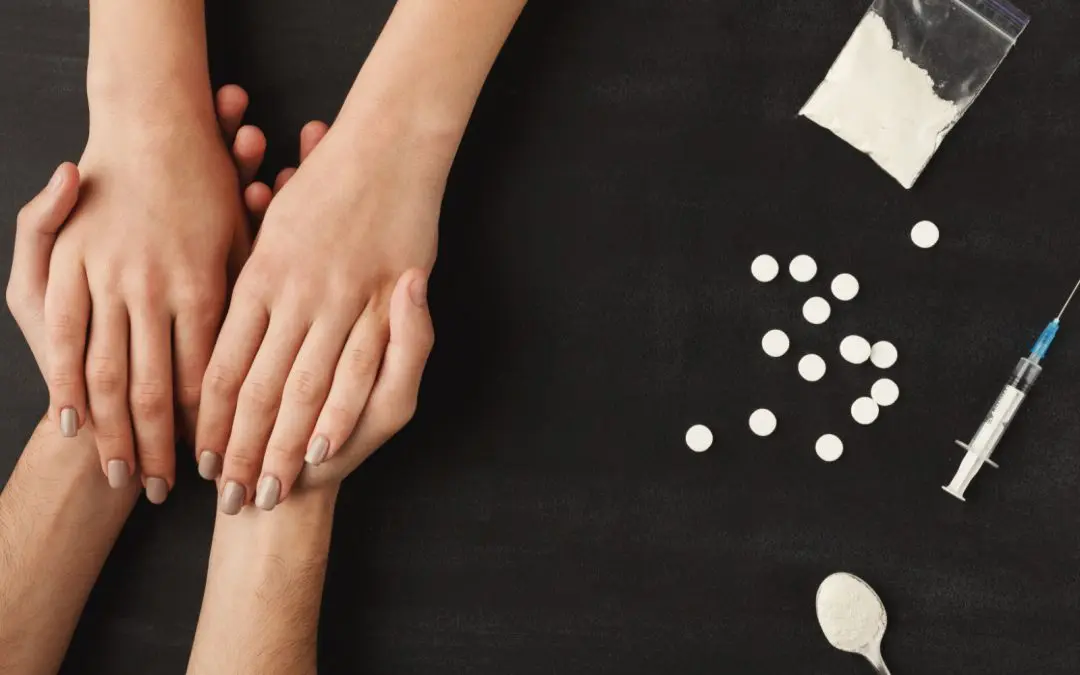


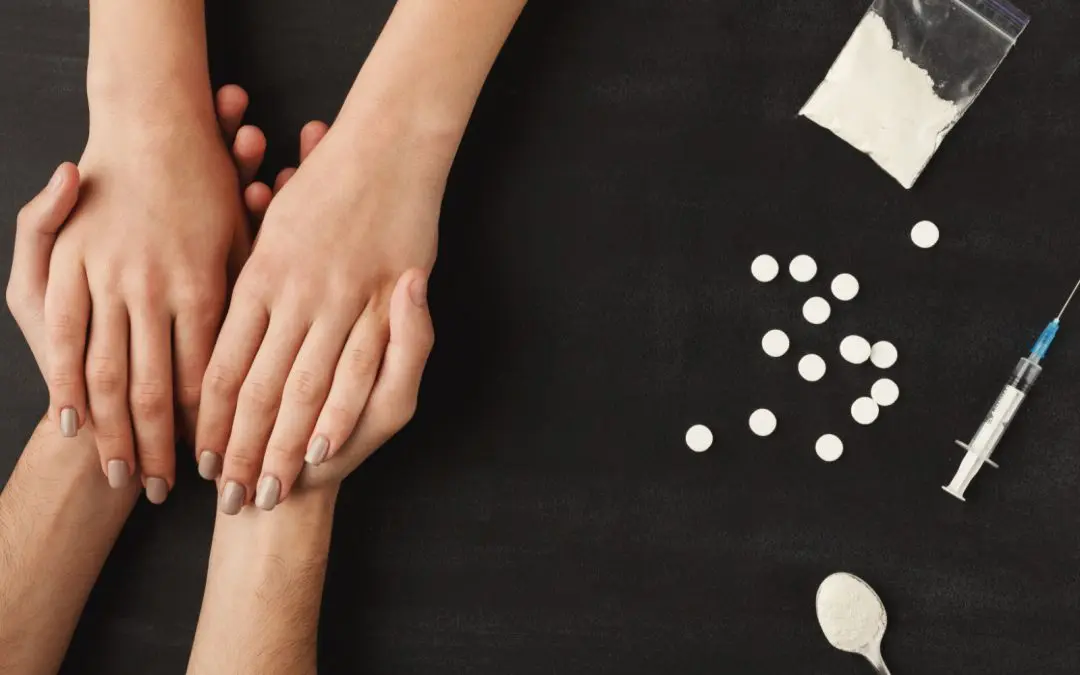











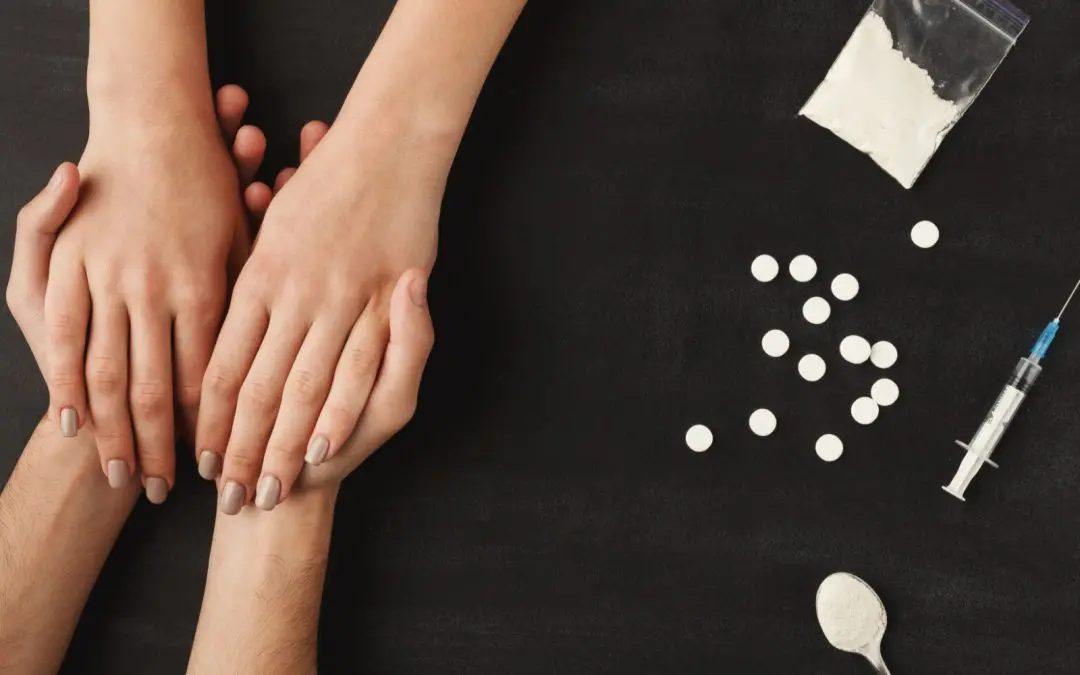










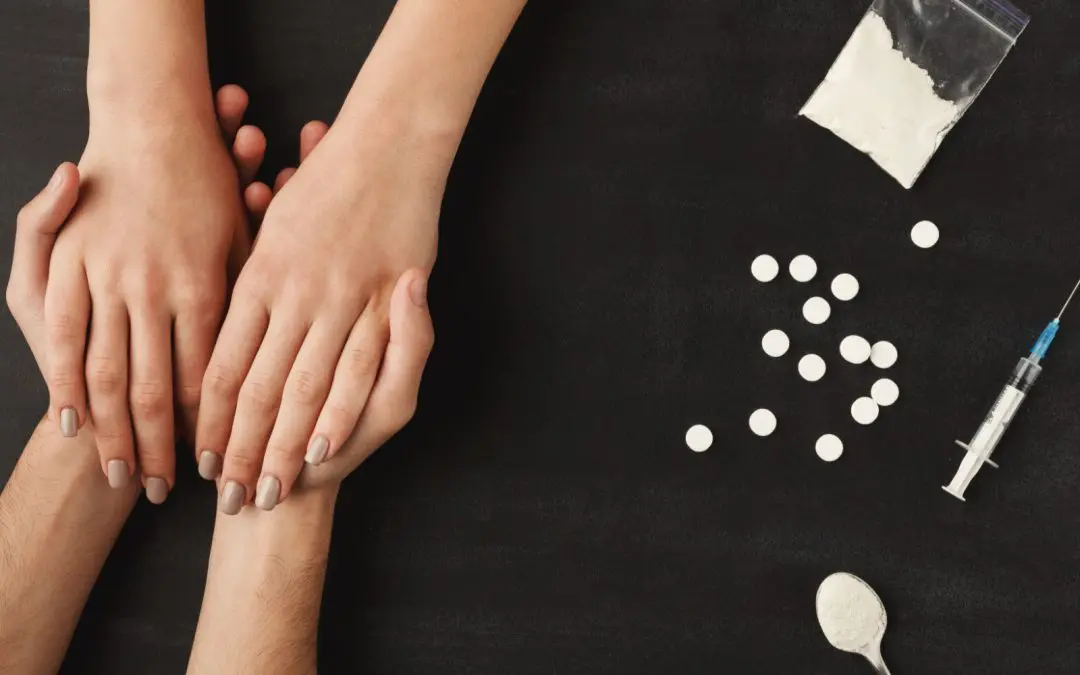












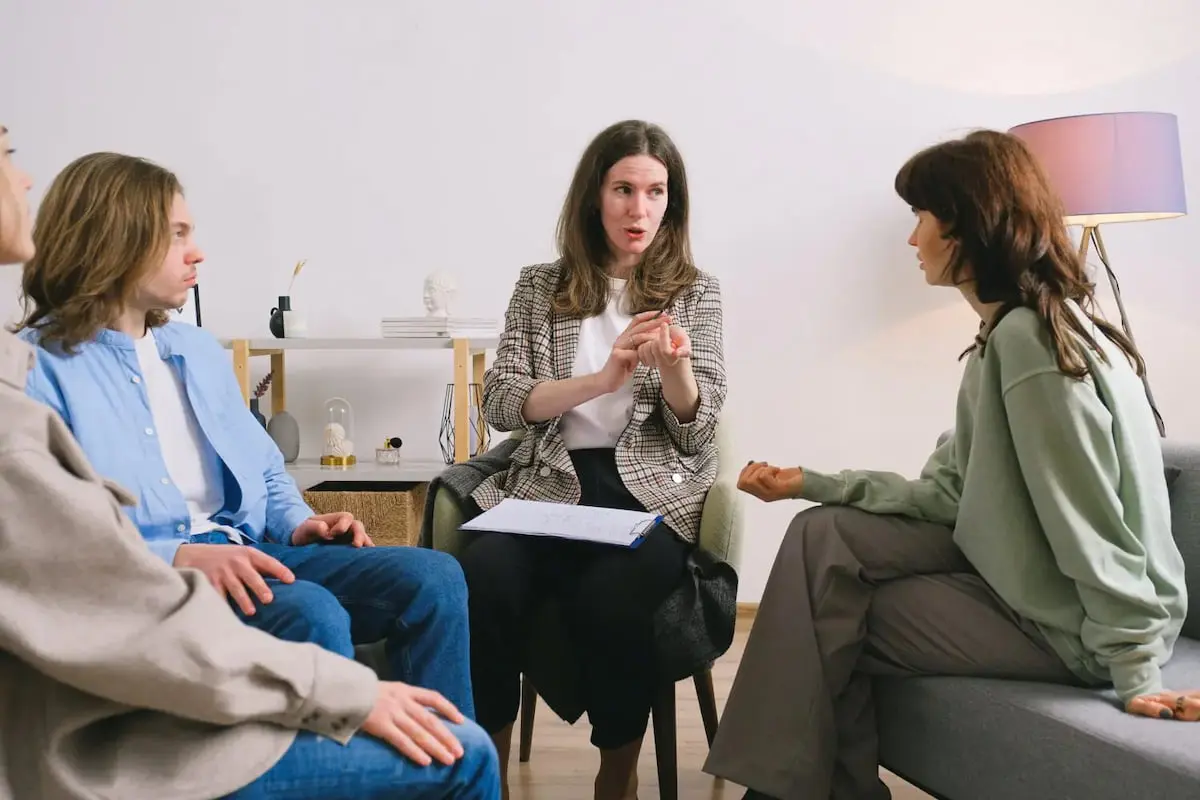
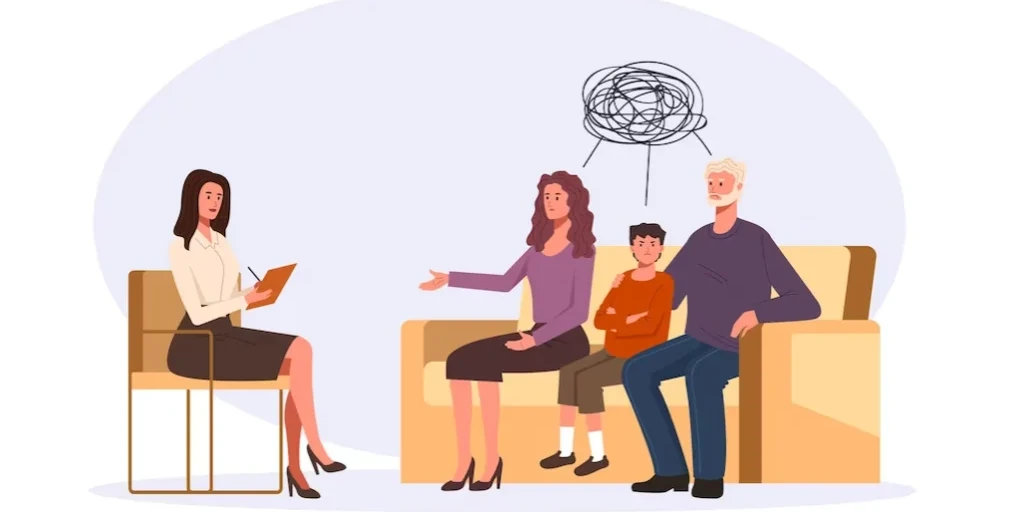






















Heart Steps Counseling Services
Heart Steps Counseling Services is a private rehab located in La Grande, Oregon. Heart Steps Counsel...

Grande Ronde Recovery
Grande Ronde Recovery is a private rehab located in La Grande, Oregon. Grande Ronde Recovery special...


















